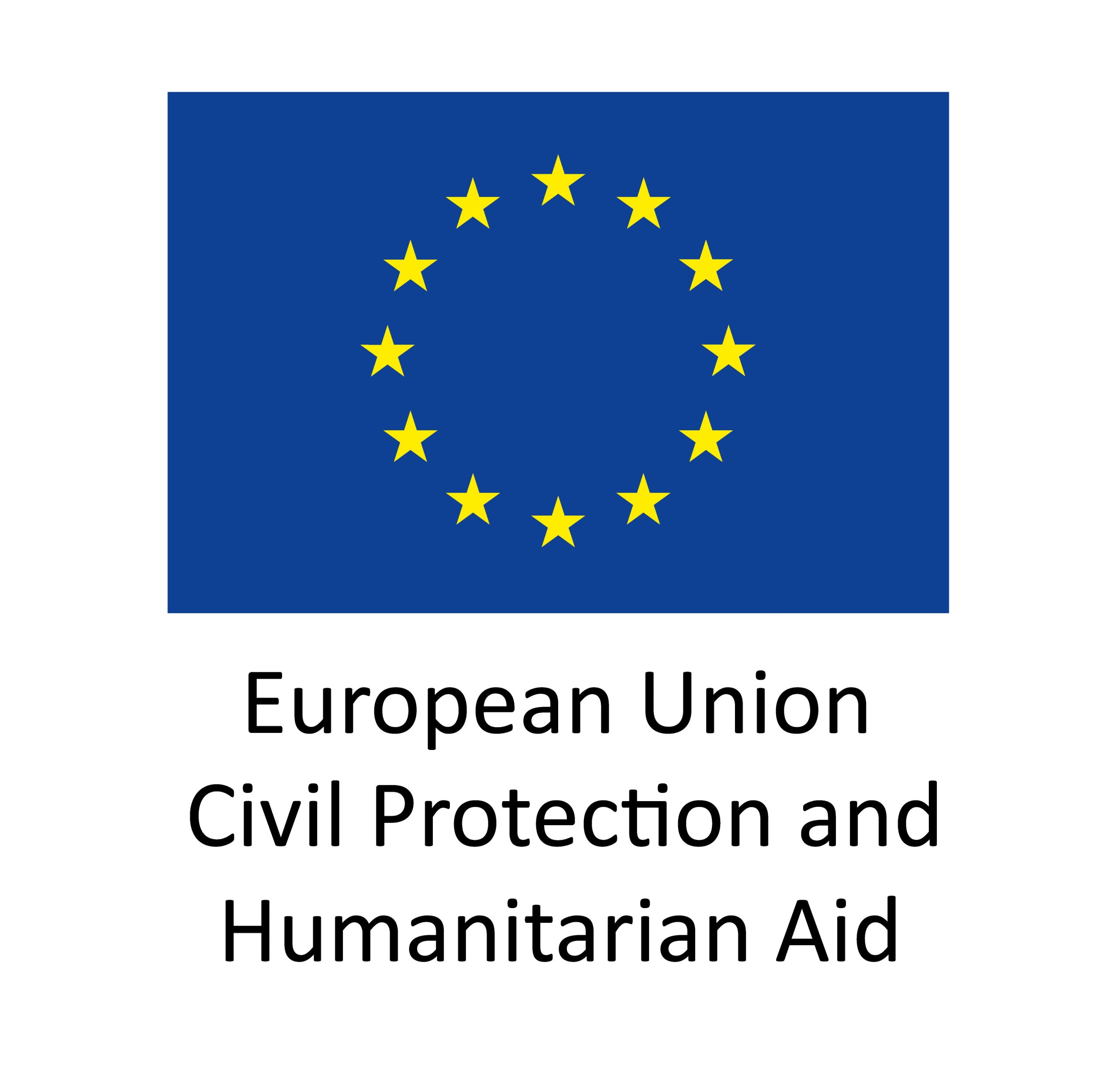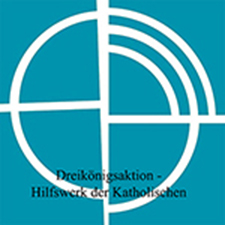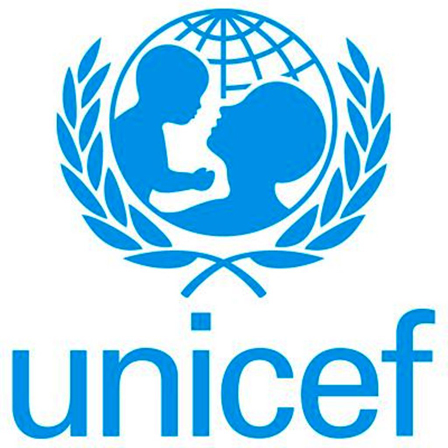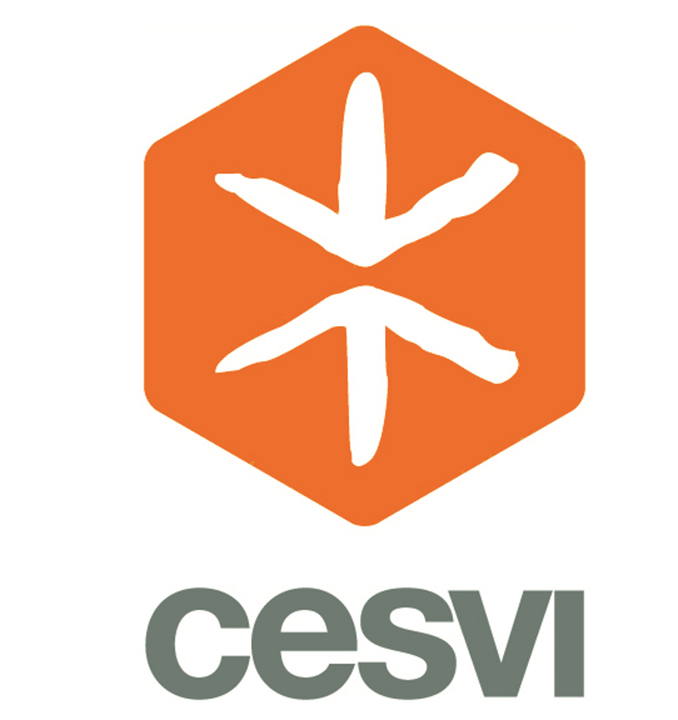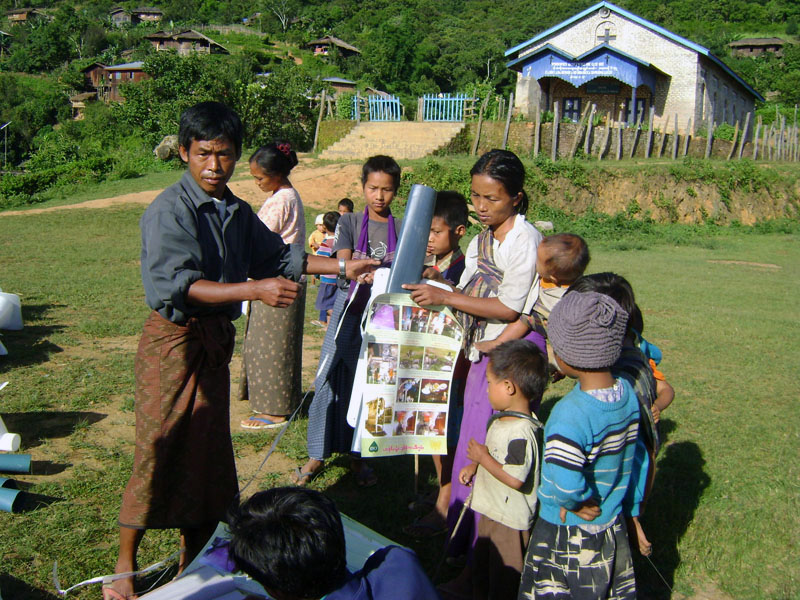
It is very logic for local people to say that they have no sanitary practices because there is no water even for their drink and cook. Therefore no sooner we had improved community drinking water system; we help local people practice sanitary management. We received funding from British Embassy for this program in 2009. Refer to the above mentioned subject; sooner we had received fund for this project from your office, I forthwith informed Chin authority that CAD is going to implement Sanitation project in Hakha, Thangtlang and Matupi townships in the central part of Chin state. Expressing his acknowledgement and support to our programs, he unexpectedly requested us to give in Hakha township (3 or 4) toilet bowls to per school which is endorsed by Township Educational Officer (TEO). According to him, there are 78 numbers of primary schools in Hakha township. Upon his request, I agreed his proposition in the sense that we could have excellent coordination, relationship and support of Chin authority for our programs. Now CAD has been allowing addressing any humanitarian issue throughout the Chin state subsequent to my acceptance of his suggestion on our sanitation program.
We previously targeted 17 villages (1355 households) but we actually reached to 57 villages (4252 households) in only Hakha, Thantlang and Matupi townships due to exceeds of funding and lower price of fly-proof toilet bowls. Addition to 4252 household beneficiaries, 746 numbers of fly-proof bowls were also given freely to religious centers (Roman Catholic Church, Baptist Churches, United Pentecost Church, Assembly of God), Government offices and schools. The total purchased toilet bowl numbers are 5,000.
Our Goal:
• To improve community sanitary practices and management for building healthier communities in remote areas
Achievements of the Project:
* Families which have no access to sanitary information obtained the benefits of sanitary practices and were animated to use fly-proof sanitary practices.
* Pamphlets of sanitary management were freely given to thousands of targeted families. Pamphlets highlighted them what Sanitary Management and Practices (SMP) in village are meant.
* Some villages promptly adapted in their village level SMP.
* Communities’ contributions to this project are higher than what CAD gives them.
* Schools which have no SMP come to have SMP and enough fly-proof toilets are built.
* According to rural health officer, dysentery is less suffered by villagers.
* The targeted villages become cleaner and villagers come to know the fruits of sanitary practices.
* Flies are less than before the project.
* The project uplifts villages’ living standard.
* Pigs are no more freed in the villages and villages become more hygienic.
* Village Peace and Development Council of Tisen (A) led construction of fly-proof toilet system for all households one after another.
Challenges
* Scarcity of water in villages.
* Scarcity of wood for building toilets in some villages.
* Some villagers are reluctant apply sanitary practices.
* Some villages could not use brush for washing bowls.
* Due to harvesting time, some families could not build fly-proof toilets till October.
* Cost of hiring carpenters is burden for some households which could not build toilet in their own way.

